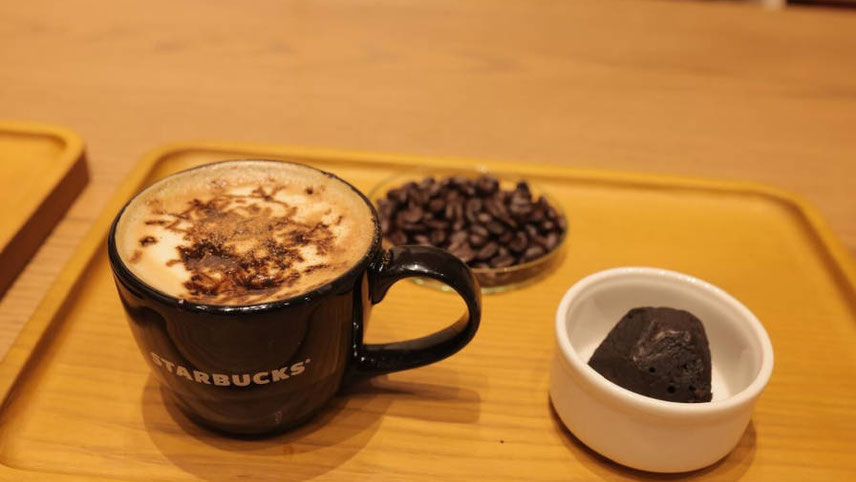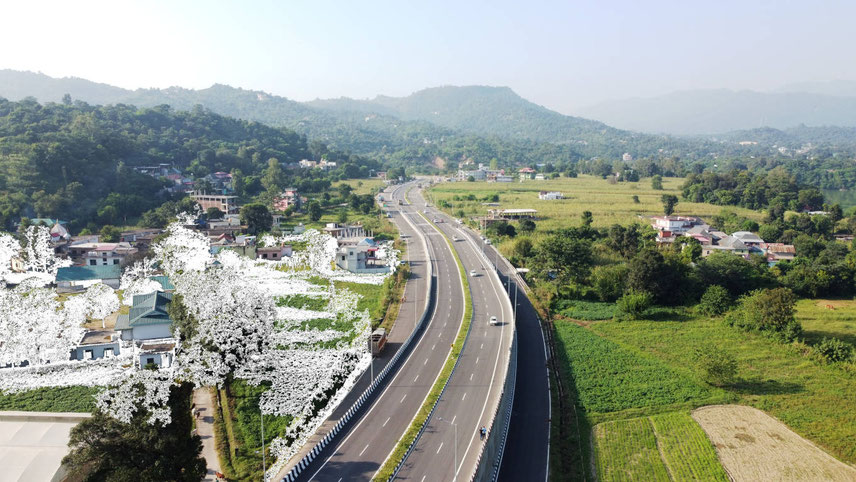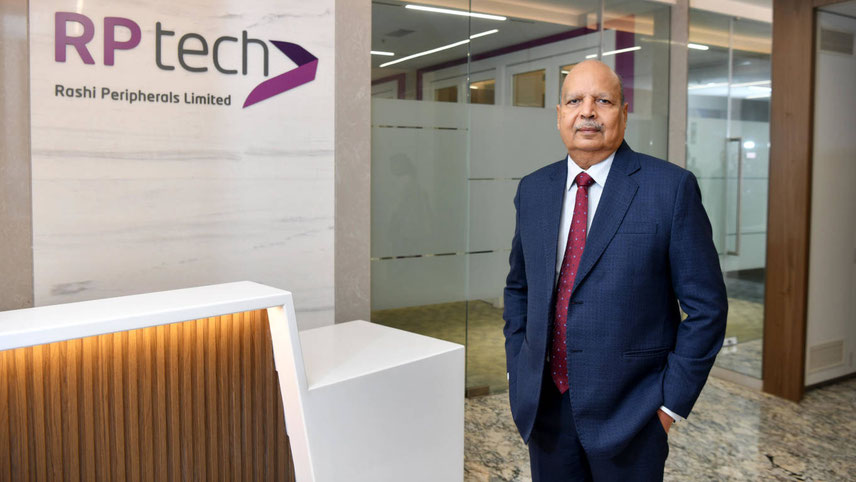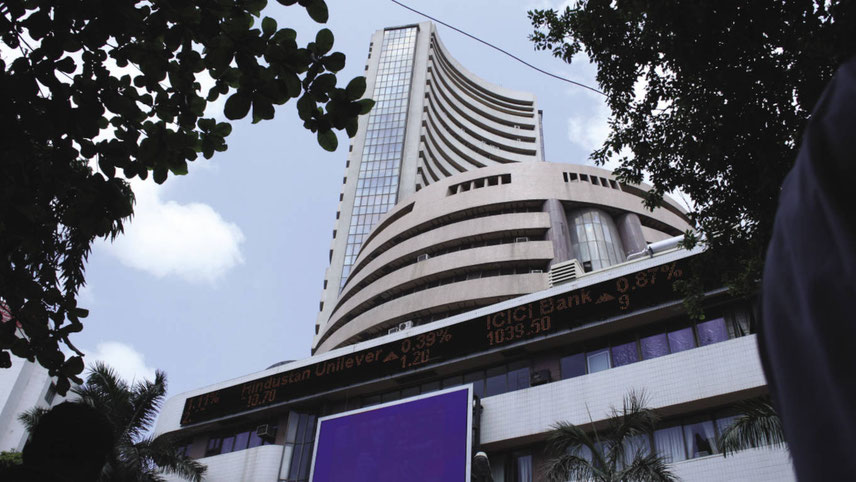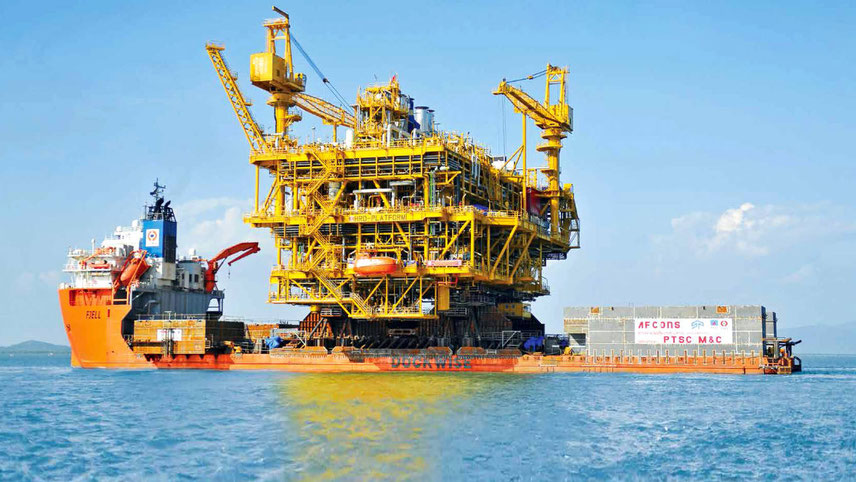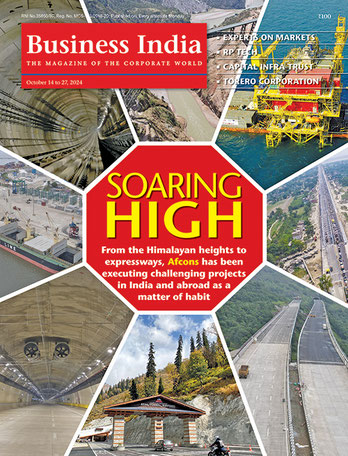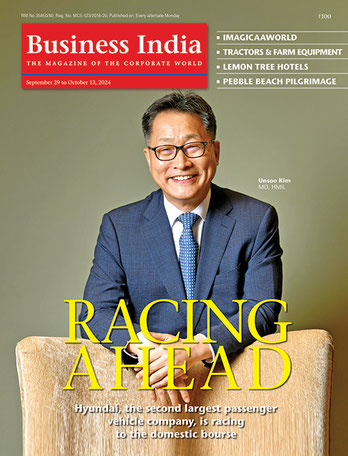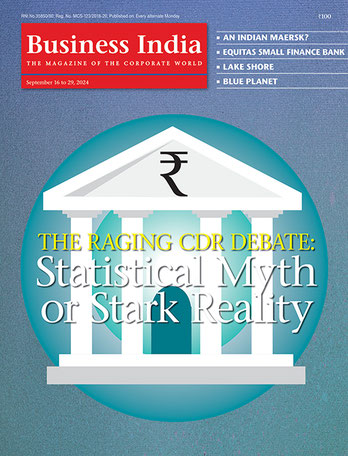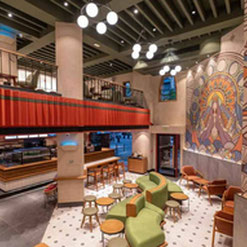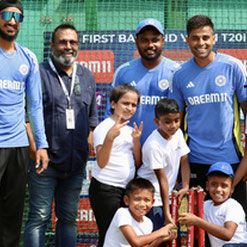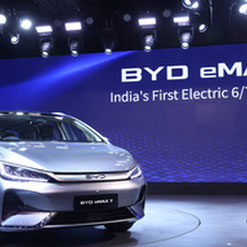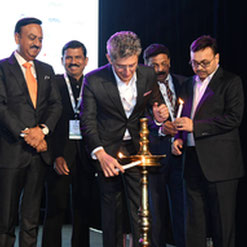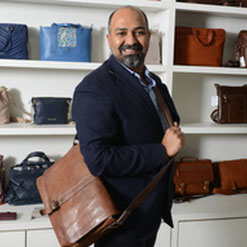India has predominantly been a tea-loving nation since the 19th century when the British introduced it to disrupt China’s monopoly in tea production. Coffee was largely considered a secondary beverage in most parts of the country, with the exception of South India, where filter coffee remains a local favourite. Over the last two decades, coffee chains have seen remarkable growth, offering popular spots for trendy patrons. Large coffee chains like Tata Starbucks, Costa Coffee, Café Coffee Day, and Barista, along with new-age coffee houses like Blue Tokai, Third Wave Coffee Roasters, Sleepy Owl, and others, have drawn in younger crowds. These café chains are capitalising on the opportunity to serve aspirational young consumers who prefer to socialise at cafés despite the higher prices. To attract such discerning clientele, coffee houses are diversifying their offerings to include exotic bean varieties, speciality blends, curated menus, and premium lounging areas. The Indian coffee retail market is valued at $601.5 million in 2024 and is projected to grow at a CAGR of 8.1 per cent to reach $961.5 million by 2030. Launched in 2012, Starbucks India is a 50:50 joint venture between Starbucks Coffee Company and Tata Consumer Products Limited. With over 460 stores across 71 cities, the chain aims to reach 1,000 stores by 2028. The company plans to expand in Tier II and III cities and to increase its smaller-store footprint, including drive-through, airport, and 24-hour locations. The Mumbai-based chain has now become India’s largest branded coffee shop, driven by steady outlet growth. Following the pandemic slump, there is a renewed emphasis on implementing fresh strategies and generating additional revenue streams to attract investors. Beyond premium coffee, chains are also selling roasted coffee powder, ready-to-drink beverages, merchandise, coffee machines, cookies, kettles, and more. Another revenue avenue is through partnerships with retail outlets, luxury hotels, restaurants, corporates, and co-working spaces, providing vending machines, coffee beans, and tea bags on a subscription basis. These new streams represent a significant contribution to overall profitability. As part of its strategic expansion, Tata Starbucks recently opened its second experiential store in Mumbai at Colaba’s iconic Dhanraj Mahal, continuing its commitment to a premium, personalised coffee experience. Alongside a beverage line-up featuring locally inspired ingredients and an exceptional range of coffee, the store boasts Art Deco architecture in its landmark location. Sushant Dash, CEO of Tata Starbucks, said: “The launch of our second coffee experiential store reflects our dedication to celebrating coffee heritage through variety, artistry, and food theatre, complemented by an array of international coffee experiences. A decade ago, our journey began in Mumbai, and this store honours the city’s rich cultural tapestry and vibrant community. It’s not only a tribute to Starbucks’ heritage but also a celebration of the community and Third Place experience. As we continue to elevate our legacy in Mumbai, we remain committed to offering unique coffee experiences and memorable connections.”
-
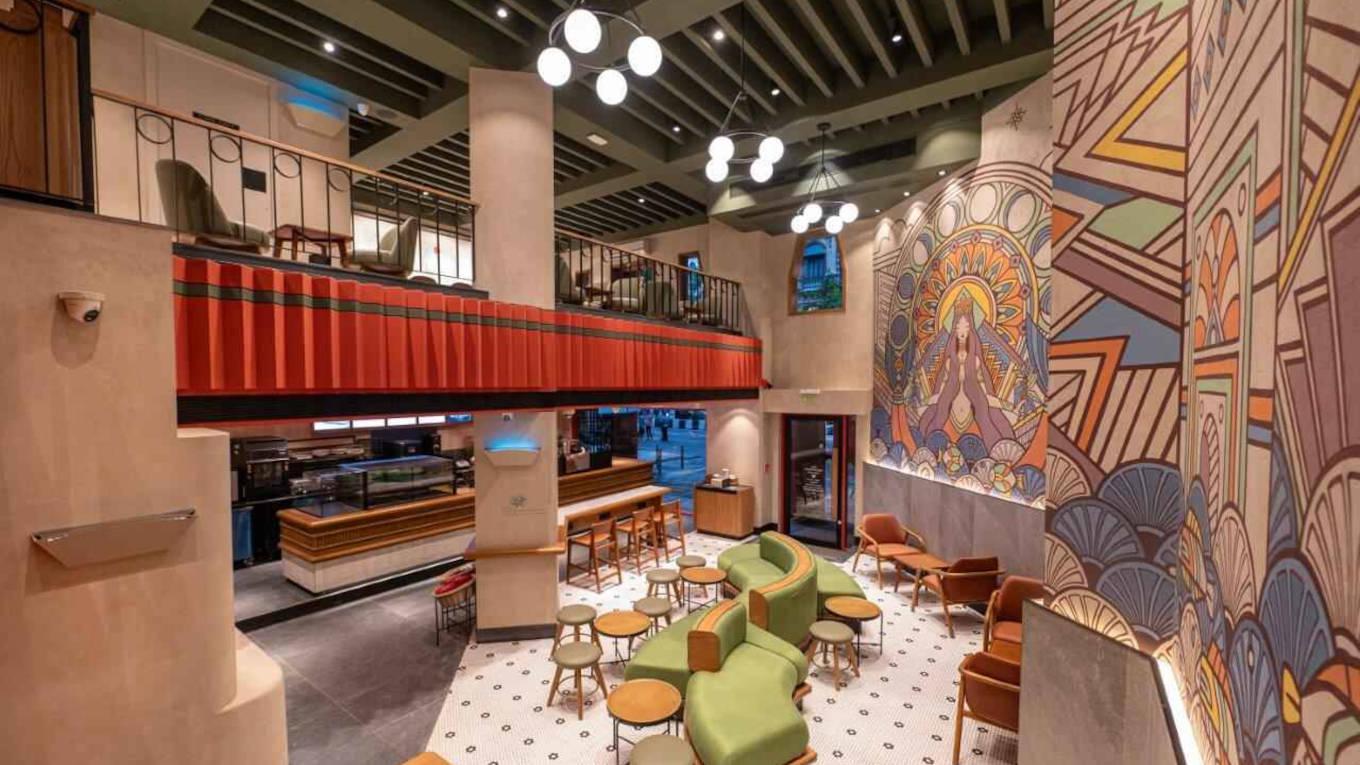
Tata Starbucks’ experiential store in Mumbai at Colaba’s iconic Dhanraj Mahal boasts an Art Deco architecture









